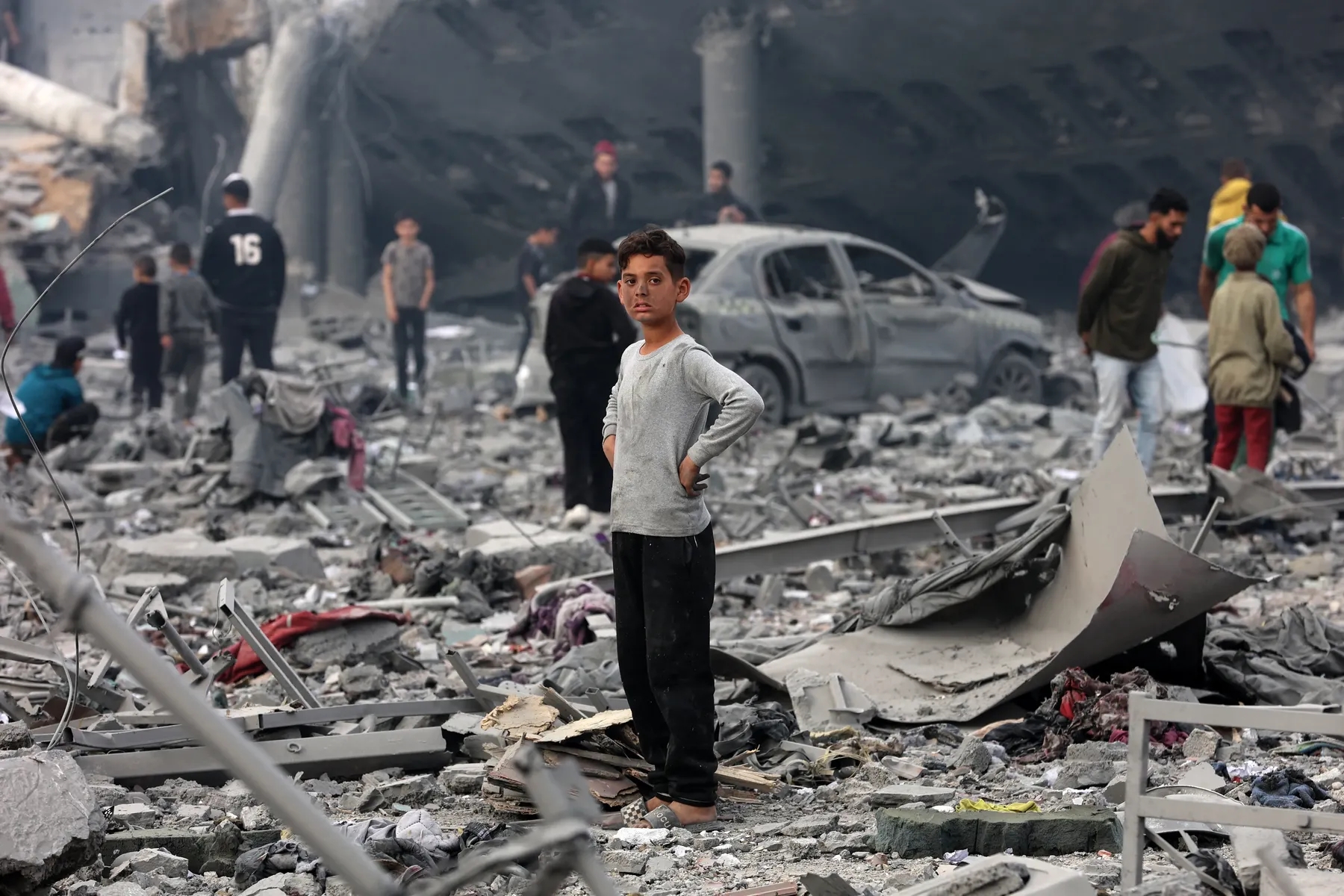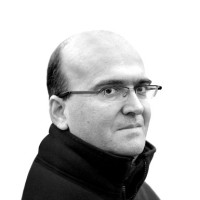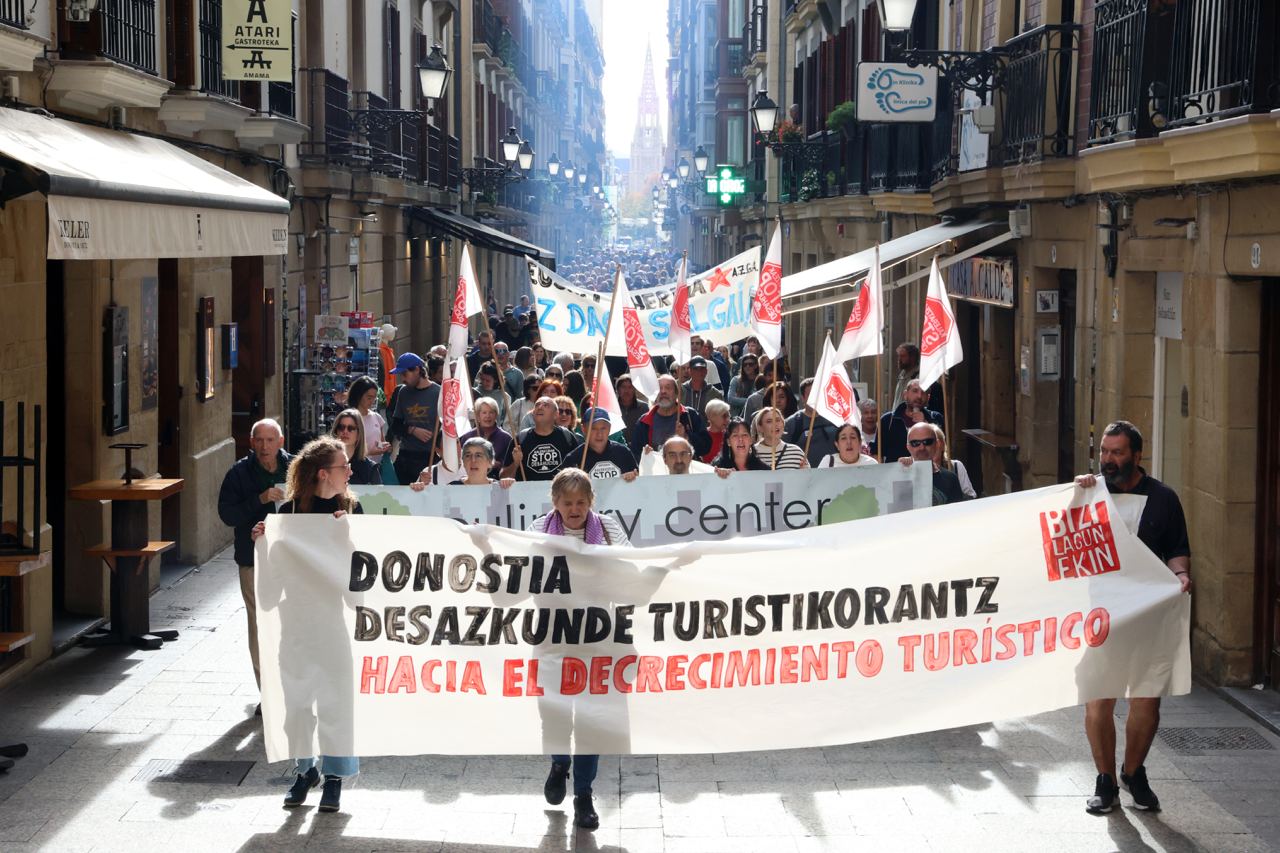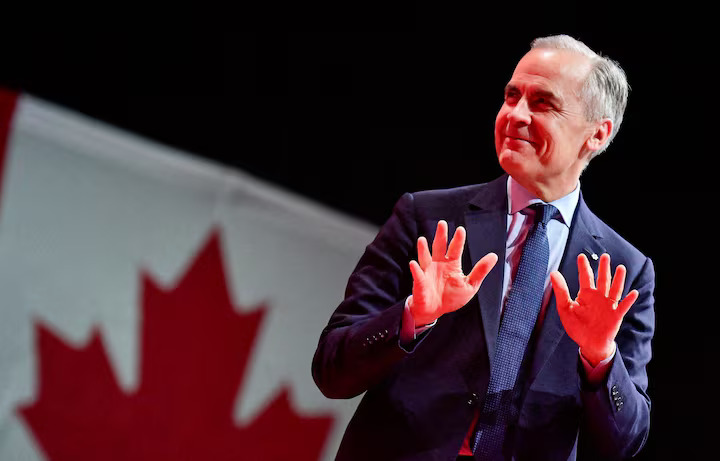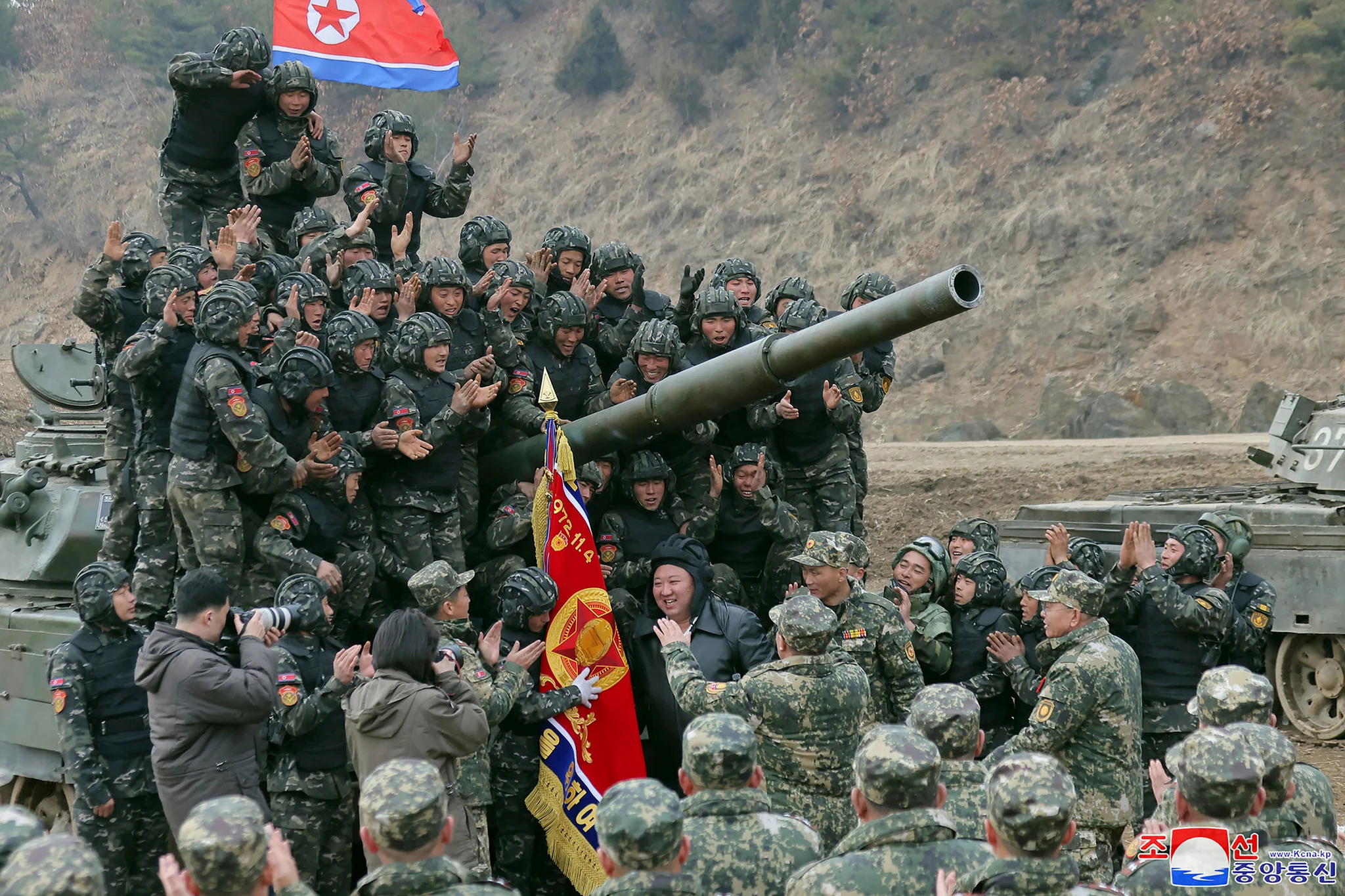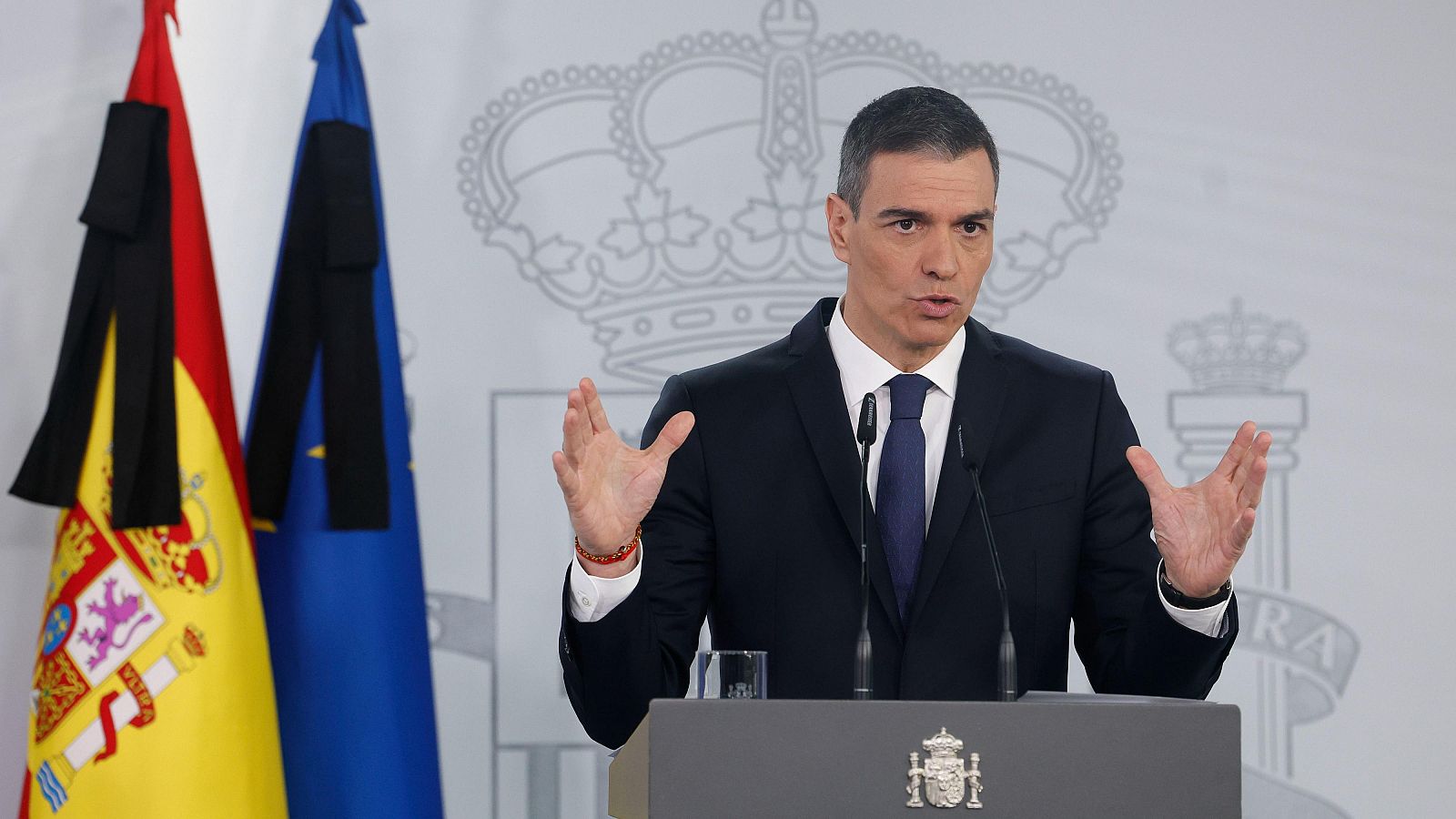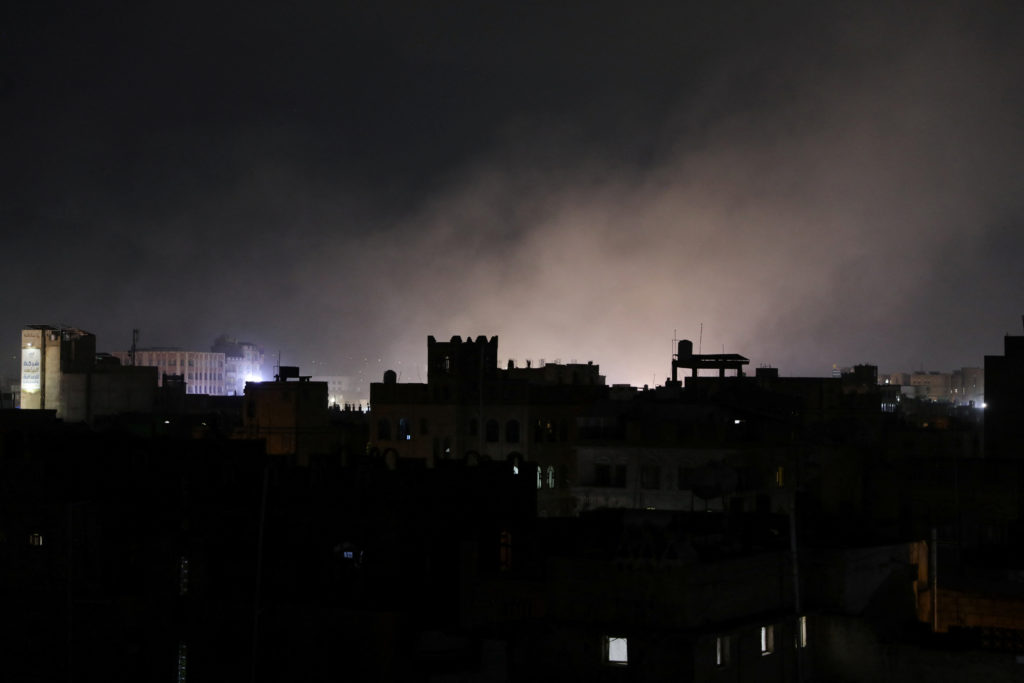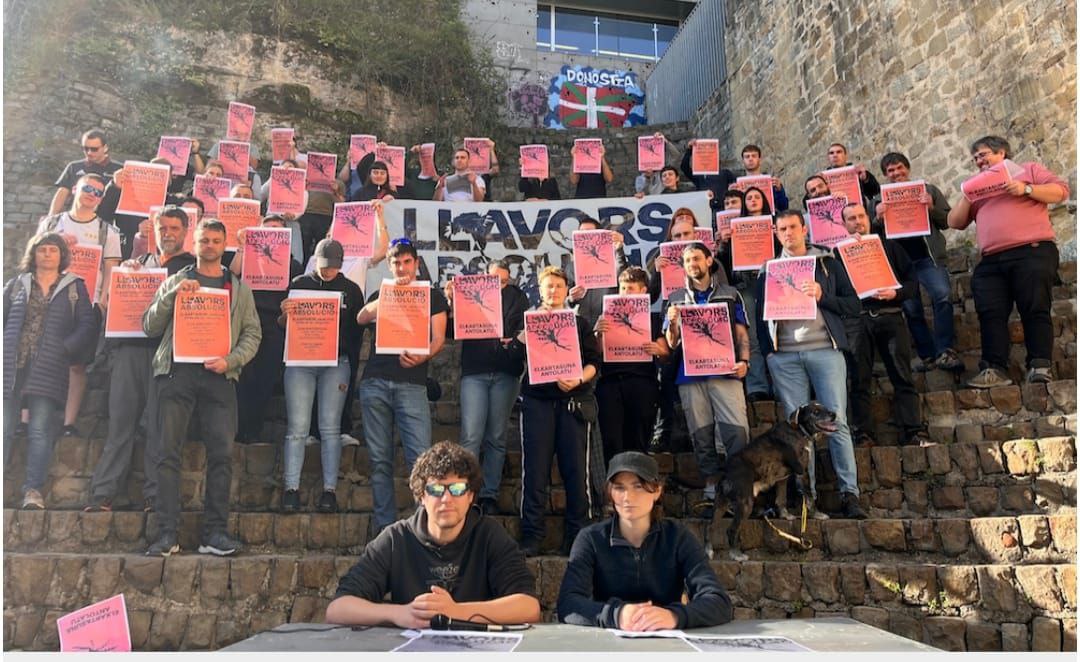As in Palestine, in Western Sahara, the occupant always spolist
- A strange attack on the shells in the Sahrawi city of Smara on 29 October marks the height of the war between the Polisario Front and the Moroccan army. Like Gaza, the whole country is surrounded by a long wall and, as Israel did with the Palestinians, Morocco has other interests to massacre its inhabitants: we have recently learned that it intends to put 81% of its energy infrastructures in the occupied territory.
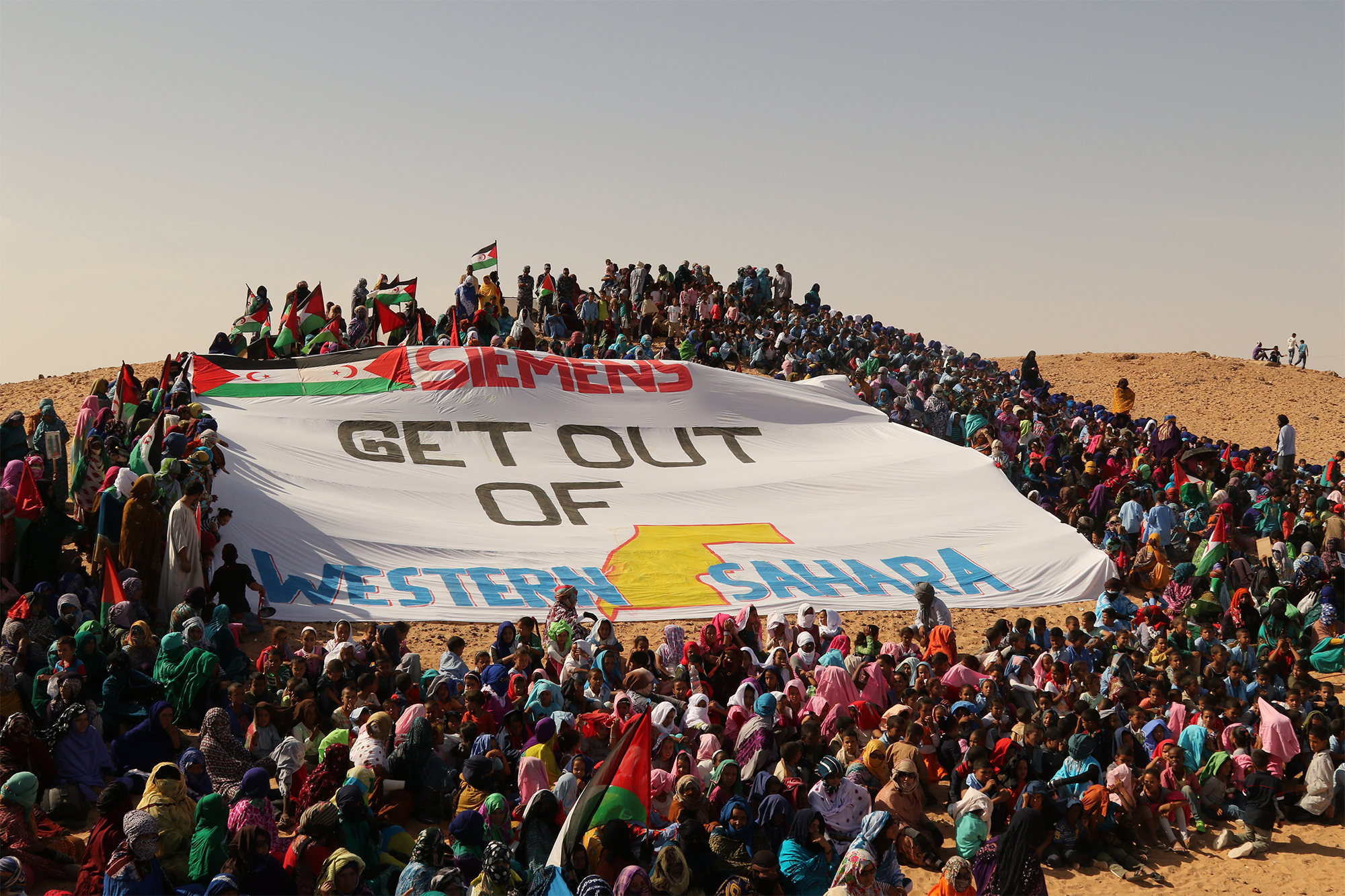
The city of Smara, with 60,000 inhabitants, is located in the occupied Western Sahara, from the "wall of shame" built by Morocco to control the territory and keep the Polisario Front, which is the longest in the world, at 2,700 kilometers. In the early morning of 29 October, the inhabitants of the area suffered four explosions with one death and three injuries. In the whirlwind of the genocide in Gaza we have seen little news of what happened in the international media, and thanks to independent websites and agencies following the situation of the Sahrawi people we know how little has spread around the explosions.
According to the portal ECSaharaui.com the attack author is not clear. The military source notes that the traces of the projectiles do not correspond to Grand BM21 missiles, of Soviet origin, which habitually uses Saharan liberation movements, with more access capacity reducida.El Equipe Media receives the words of a member of an NGO who witnessed the explosions directly and rejects drones sent from a military base in Morocco.
Many of the companies behind the wind and green hydrogen projects are located around Mohamed VI.aren, but there are many other Europeans, including the Spanish multinational Acciona
Meanwhile, the Polisario Front denies the authorship of the attack. The Sahara Press Service (SPS), which is translated into Arabic, English, French, Spanish and Russian, does not mention the attack on the city of Smara on 29 October. The same day the Western Sahara Defense Ministry reported that it had carried out operations against the Moroccan military bases of Smara and the airport, but "not against the city".
However, the Moroccan Government has accused the Polisario Front of committing a "terrorist attack on civilians" and of examining the place that invited members of the UN mission in favour of the Minurso referendum as soon as the attack occurs. It is surprising that the government of Aziz Ajanuch, Morocco’s Prime Minister and oil magnate, now has that position, as the Polisario offensive has been silent again and again since the armed conflict was resurrected in 2020.
The following day, on 30 October, the UN Security Council met to decide whether to renew the mission of Minurs, which was confirmed with thirteen votes in favour, and the Sahrawi people have denounced that the attack on Sma has been used by Morocco to press.
The President of the Republic of Western Sahara and Secretary General of the Polisario Front, Brahim Ghali, has commissioned the UN to "comply with its commitments and resolutions" and has held Morocco accountable: "He is responsible for the terrible crimes he has committed against the Saharawi people (kidnappings, forced disappearances, arbitrary detentions and summary trials)," he said in his speech at the wilaya or camp in Auserde.
In drafting this article, the .jpg) SPS is spreading more and more news about military operations around the Saharan Wall: the first days of November there were more explosions in Smara and other cities; the authorities of the APLS (Saharawi People ' s Liberation Army) have ensured that, in addition to artillery shelling, the materials directly attack the soil and have lost the Moroccan army. But not in the European press either.
SPS is spreading more and more news about military operations around the Saharan Wall: the first days of November there were more explosions in Smara and other cities; the authorities of the APLS (Saharawi People ' s Liberation Army) have ensured that, in addition to artillery shelling, the materials directly attack the soil and have lost the Moroccan army. But not in the European press either.
As if that were not enough, the political prisoners in the Gdeim Izik Group have gone on hunger strike. This group includes people detained in the "Dignity Camp", violently destroyed by the police in 2010.
From green march to green hydrogen
It is obvious that the armed conflict has grown, but Morocco wants to avoid the word "war", even if it is an asymmetrical war, although to do so it has to resort to censorship, torture, murder and bombing of the Sahrawi people, as in the past it used napalma and white phosphorus. But what are you looking for in that desert? He himself has placed us on the trail: "To all these crimes must be added the indiscriminate expoliation of our natural resources."
The idea of Morocco is to suppress this vast Atlantic edge, as Israel wants to do with natural gas in the occupied territories of Palestine. The Moroccan monarch Mohamed VI spoke clearly in the speech on the anniversary of the Green March – this time, agencies such as Europe Press have echoed it – they want to make oil prospections at sea and desalinate water, among other things.
The Moroccan Government has recently produced a report on the 2024 Renewable Energy Financial Bill, which has come to us thanks to the Wester Sahara Resource Watch (WSRS), which is dedicated to research into corporate and government interests, available on its website. According to the report, 81% of the huge renewable projects planned by Rabat are located in "state-owned" areas of Western Sahara, on land stolen from the Saharawis.
.jpg)
These are infrastructures mainly related to green hydrogen and wind energy: 371,000 hectares in the region declared by Morocco by Aaiun-Sakia El Hamra, north of Western Sahara, and 800,000 hectares in the Dakhla-Oued Eddahab region, south. Many of the companies behind are from the Mohamed environment VI.aren, but there are some Europeans, including the Spanish multinational Acciona. This is not surprising: the French company Engie, which is already operating in the electricity sector, and the Basque company Siemens Gamesa, have supplied Moroccan companies with windmills for the Western Sahara.
"Morocco is becoming more and more economically connected to the Western Sahara and is now more dependent – says WSRS – on its illegally occupied territory. It intends to export energy generated in this territory to Morocco and surpluses to neighbouring countries, including the European Union."
The Sahrawi diplomat Emiri Ahmed Omar in his new book Brief History of the Polisario Front ("Short History of the Polisario Front", Catarata, 2023) says that in 1975 Spain "betrayed" the Sahrawi people and that one of the reasons for fleeing from their protected territory was that "Spanish companies would still have benefits". In Europe, both in the Middle East and in the Sahara, the raven is always veiled and the occupying handler.
Errepikatu nirekin: Sara Millerey. Ez dezagun ahaztu bere izena. Transfeminizidioaren biktima da Millerey: gorrototzaile transmisogino batek torturatu zuen, besoak moztu zizkion eta bizirik bota zuen ibaiertz batera. Bi orduko agoniaren ondoren hil zen.
Errazagoa da J.K... [+]
Rearm Europe. Reindustrialize to defend Europe. This is the agenda that the political leaders of the European Union have been trying to promote lately, through the White Paper on European Defence, the BirArm Europe and the 2030 Availability plans. The excuses for the promotion... [+]
It seems possible to measure happiness. There are even those who insist on it. The UN is not very successful in maintaining world peace, but it shows in an annual report how such a quality is distributed across the planet. It is basically a list, staggered from country to... [+]











